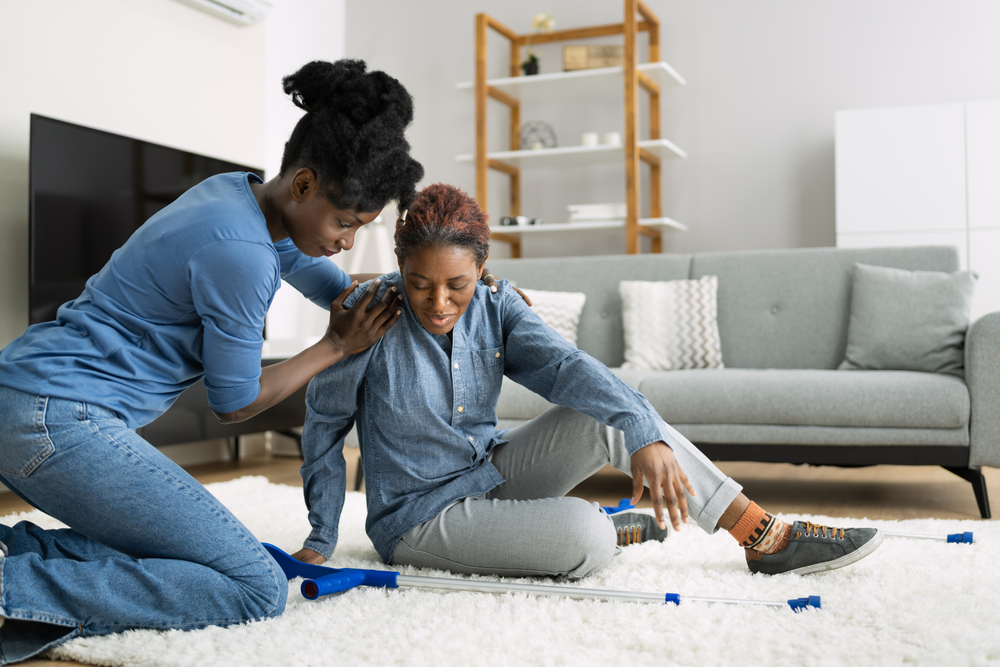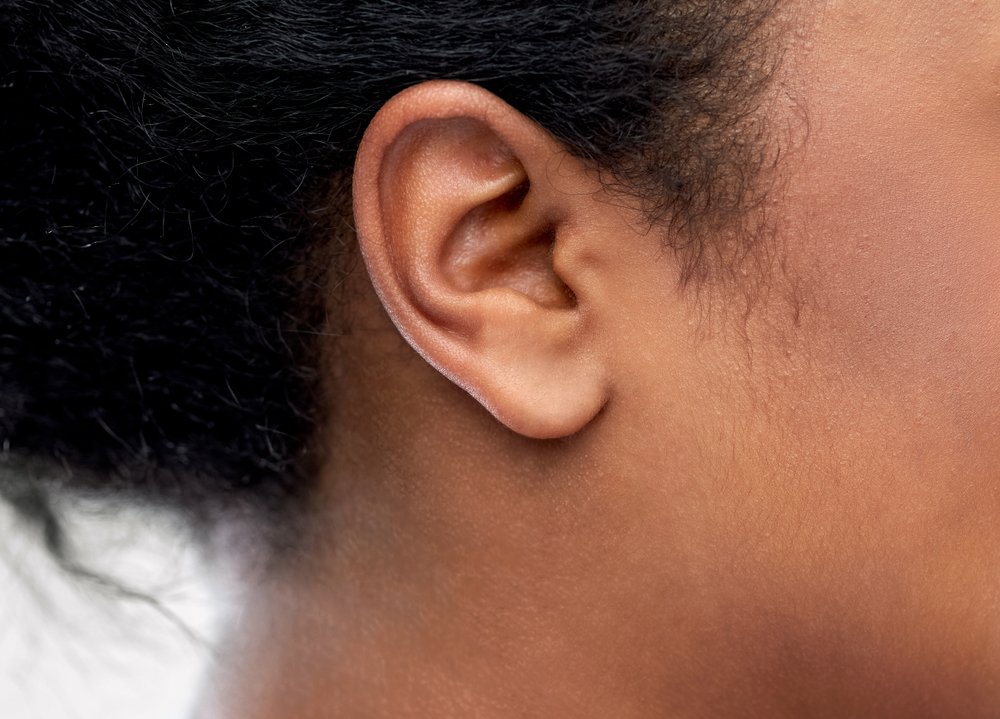Let’s say your back hurts. (I know, this blog is about hearing, but just humor me.) And it’s been hurting for days. So you go to the emergency room. You’re maybe 30 or 35 years old, and the doctor and nurses check you over.
Everyone seems to be talking quietly and mumbling, so you just kind of nod along to what they say. The problem is that they’ve just given you a substantial dose of pain medication, looking to treat your symptoms and move on to the next patient.
So now you’ve got three problems instead of two. You walked in with a bad back (which you knew about) and hearing loss (which you didn’t know about). And now you’re also walking out with a prescription for highly addictive pain medication.
Research and new links between alcohol and hearing loss
Sadly this scenario appears to be more common than you’d think, at least according to research published in the American Journal of Preventive Medicine and conducted by a team at the University of Michigan.
By analyzing something like 86,000 respondents, the team uncovered a link between those under fifty who are suffering from hearing loss and abuse of alcohol or other substances.
While the research certainly indicated this link–which seems to get stronger the younger the individual is–it was less clear about what caused that link in the first place. Which is, as you know, is frustrating if you’re trying to fix the problem.
The younger the patient, the stronger the connection
So, what exactly are we dealing with? Well, here’s what this particular study found:
- People who developed hearing loss over the age of fifty did not differ from their peers in terms of substance abuse rates.
- People who developed hearing loss under the age of fifty were at least twice as likely to misuse opioids as their peers. They were also generally more likely to abuse other substances, such as alcohol.
- People who developed hearing loss between the ages of 35-49 were twice as likely to develop general substance abuse issues than their peers.
Solutions and hope for those with hearing loss
Those numbers are staggering, especially because researchers have already accounted for issues such as economics and class. So, now that we’ve identified a relationship, we have to do something about it, right? Well, that can be difficult without knowing the exact cause (remember: correlation is not causation). Researchers had a couple of theories:
- Lack of communication: Emergency departments are designed to get people in, treat them, and get them out as efficiently (or, in some cases, quickly) as possible. In these cases, if patients aren’t able to communicate well, they might sometimes be given some pain medication and sent on their way. When someone–especially a young someone–is suffering from hearing loss, they may not know it or they might have trouble admitting it.
- Social isolation: It’s well established that hearing loss can lead to social isolation and cognitive decline. In these situations, self-medication can be relatively common, especially if the individual in question doesn’t really understand the cause–he or she may not even know that hearing loss is the issue.
It’s also true, of course, that alcohol raises your blood pressure, sometimes to unhealthy levels. And both high blood pressure and some pain killers have been shown to harm your hearing. But whether these incidents increase hearing loss or those with hearing loss are more likely to have them the negative consequences to your health are the same.
Looking to the future
The authors of the study (they seem like smart people to me) recommend that doctors and emergency departments work very hard to ensure that their communication protocols are up to date and being followed.
In other words, it would help if doctors were on the lookout for the signs of hearing loss in younger individuals. But it would also help if we as individuals were more aware of some of the signs of hearing loss, too. Getting regular hearing tests should just be part of your health routine.
Hearing loss is on the rise among all populations, especially younger people, according to the CDC and WHO. If you suspect you are suffering from hearing loss, don’t wait to get tested. Ignoring your hearing loss for just two years can increase your healthcare costs by 26%.



